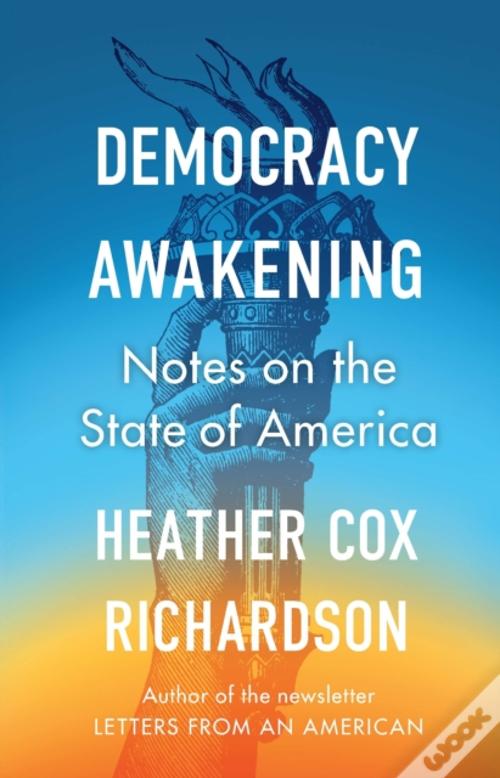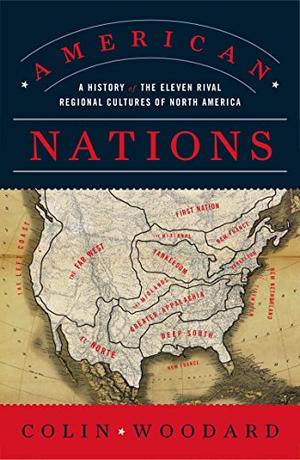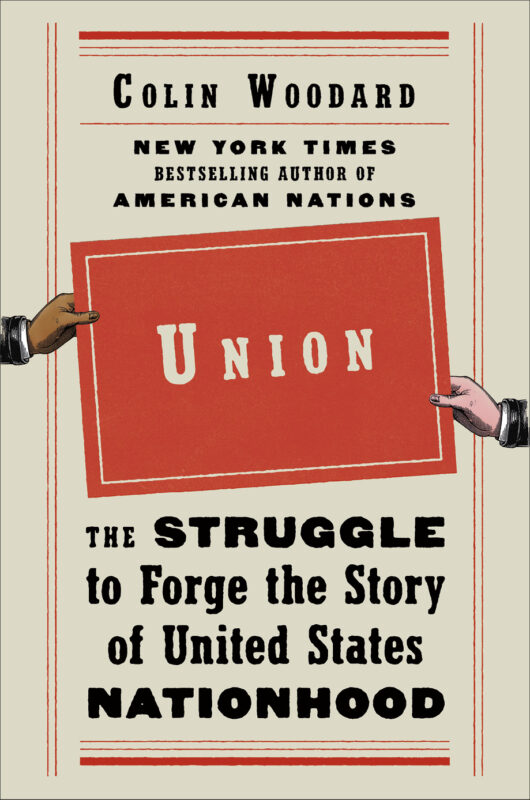 In Heather Cox Richardson’s new book, Democracy Awakening, US history turns on conflicting interpretations of the Declaration of Independence and its claim that “all men are created equal.” One interpretation is broad and expansive, the other narrow and strained. The broad one figures the word “men” generically to include both men and women. It understands the word “equal” expansively: equal in access to rights, equal under the law, equally free to participate in civic life, and to have a say in governance at all levels. The opposing interpretation ties itself in knots to narrow and qualify those “self-evident” words. Interpreted broadly, the Declaration refutes the old feudal order, its authoritarian structure, its hierarchy of tradition and castes. The narrow interpretation seeks to rescue its “hierarchical vision,” as Richardson puts it, and to defend it as natural or as divinely sanctioned. The broad interpretation is more popular and persuasive than the narrow one, and when the rationales and legal theories of the advocates for the narrow interpretation fail to win over the majority, they resort to lying, cheating, violence, and terror.
In Heather Cox Richardson’s new book, Democracy Awakening, US history turns on conflicting interpretations of the Declaration of Independence and its claim that “all men are created equal.” One interpretation is broad and expansive, the other narrow and strained. The broad one figures the word “men” generically to include both men and women. It understands the word “equal” expansively: equal in access to rights, equal under the law, equally free to participate in civic life, and to have a say in governance at all levels. The opposing interpretation ties itself in knots to narrow and qualify those “self-evident” words. Interpreted broadly, the Declaration refutes the old feudal order, its authoritarian structure, its hierarchy of tradition and castes. The narrow interpretation seeks to rescue its “hierarchical vision,” as Richardson puts it, and to defend it as natural or as divinely sanctioned. The broad interpretation is more popular and persuasive than the narrow one, and when the rationales and legal theories of the advocates for the narrow interpretation fail to win over the majority, they resort to lying, cheating, violence, and terror.
Am I oversimplifying the argument? Maybe. It’s certainly a boiled-down version of US History. But it tracks.
It tracks, for instance, with the way Colin Woodard sees US History. Woodard’s argument, presented most plainly in his much-read 2011 book American Nations, is that US history is best understood as the history of conflict between distinct regional cultures in North America. Two of these, which Woodard calls “Yankeedom” and “Deep South,” have been in an ongoing struggle over control of the federal government from the start. Yankeedom has its roots in Puritan Massachusetts, and although its zeal to impose a one-size-fits-all program for the greater good may annoy outsiders, its utopian spark supports the more expansive view of American equality via a participatory democracy. The Deep South is rooted in the sugar plantations of Barbados, transplanted to the Carolinas in the second half of the seventeenth century. It has always held and defended the hierarchical vision, the narrower interpretation of the Declaration.
 When I first read American Nations, I had been primed for its argument by David Hackett Fischer’s Albion’s Seed. That book, which I came across in my father’s library, helped me locate myself and my own upbringing and ancestry. Since the topic of “where we came from” never came up in family conversation, Fischer’s study made sense of what had been hazy before. American Nations, aimed at an audience outside the academe, is a more assessable book than Albion’s Seed. I found its argument enormously persuasive, so much so that alarm bells went off.
When I first read American Nations, I had been primed for its argument by David Hackett Fischer’s Albion’s Seed. That book, which I came across in my father’s library, helped me locate myself and my own upbringing and ancestry. Since the topic of “where we came from” never came up in family conversation, Fischer’s study made sense of what had been hazy before. American Nations, aimed at an audience outside the academe, is a more assessable book than Albion’s Seed. I found its argument enormously persuasive, so much so that alarm bells went off.
The part of the argument that bothered me was the way it generalizes vast groups of people, assigns to them lifeways and bodies of belief, and then invites the passing of judgment upon them. Yankeedom folks are scolding and inflexible, Tidewater folks haughty and classist, New Amsterdamers tolerant but mercenary, Borderlanders clannish and defensive, and so on. On the one hand, this seems like plain stereotyping. On the other, didn’t South Carolina’s political leadership consistently take the lead in nullification, secession, and segregation? Isn’t the “hierarchical vision” and narrow interpretation that Richardson identifies as the traditional enemy of American democracy plainly evident in the literature of the Deep South, from Alexander’s cornerstone speech to Thomas Dixon’s The Clansmen to Woodrow Wilson’s books of history to Margaret Mitchell’s Gone with the Wind? And, only to be a little facetious, aren’t Richardson and Woodard both popular historians with home bases in Maine?
No argument is possible without generalization. Where you draw the line makes the difference and how much you admit to the ultimate falseness of all lines. Yet the question persists, why do people hold some beliefs and not other beliefs? Let me put the question with more alignment to Richardson’s book. If the central conflict among Americans is the rejection or the defense of a “hierarchical vision,” whether it manifests itself in the way one interprets the Declaration of Independence or in the way one feels about Donald Trump, what is the essential source of the difference? Rationality? Pecuniary interest? Some felt connection to a higher telos? Or is it simply because of the way you were raised?
George Lakoff’s thesis comes to mind, that the distinction lies in whether one’s family adhered to the model of “strict father” or “nurturant parent.” The former winds up friendlier to a politics of authoritarian hierarchy, the latter to one of empathy, tolerance, and a flatter distribution of power and resources. Whereas Lakoff’s evidence comes from the neuroscience laboratory, I tend to prefer Woodard’s, which comes not only from the analysis of political and literary texts but from voter rolls and dialect regions. Woodard, leaning heavily on Wilbur Zelinsky’s 1973 Doctrine of First Effective Settlement, would argue that beliefs originate in historical experience, migration and the founding of a socio-economic community. The belief system associated with that founding is then reproduced generation after generation by cultural means. For Woodard, therefore, place has a stronger influence than parental style. Where you grow up becomes determinative in most cases, although heterodoxy is possible “with great effort” made “later in life.” One assumes that education is crucial to that effort.
 Heterodoxy in regard to upbringing has been a theme in my own life, as has education. I’ve read widely and systematically and received fairly rigorous training in critical thinking. Of course, this is also what sets off the alarm bells when I find myself highly persuaded. Ever since I first read Woodard’s American Nations—and recently, his brilliant Union: The Struggle to Forge the Story of United States Nationhood (2020)—I’ve been seeking out opposing arguments, insights to dampen enthusiasm. Maybe I’ll get some here.
Heterodoxy in regard to upbringing has been a theme in my own life, as has education. I’ve read widely and systematically and received fairly rigorous training in critical thinking. Of course, this is also what sets off the alarm bells when I find myself highly persuaded. Ever since I first read Woodard’s American Nations—and recently, his brilliant Union: The Struggle to Forge the Story of United States Nationhood (2020)—I’ve been seeking out opposing arguments, insights to dampen enthusiasm. Maybe I’ll get some here.

0